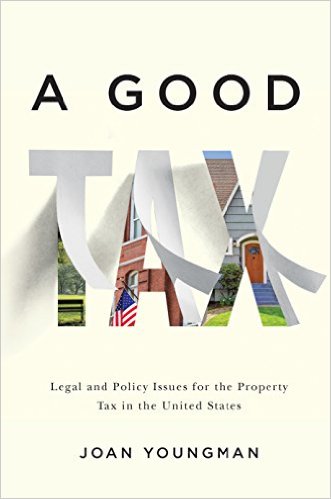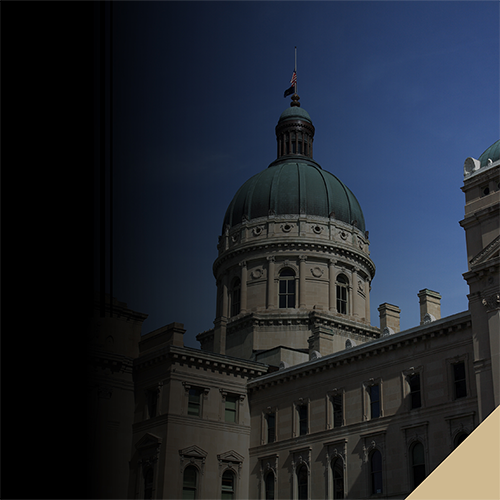Book Club Review: A Good Tax, Chapter 1

This post is a part of our Local Government book club series. Join us in reading A Good Tax: Legal and Policy Issues for the Property Tax in the United States by Joan Youngman. This week’s post focuses on the first chapter of the book.
When I first started in my current position, I thought how fun and interesting the conversation would be when someone asked me about my job. After all, property taxes affect nearly everyone whether they are paying them or receiving services funded by them. I quickly found this was not the case. In fact, the mention of property taxes often results in groans, eye rolls or a not so subtle redirection of the conversation by the disinterested party. Of course, if you’re reading this you are likely an exception to this rule.
As Youngman points out in Chapter 1 of A Good Tax, the property tax can be “traced to ancient and medieval times”. The property tax has been with us for a long time. Add that to the fact that in 2016 about one-third of local government budgets in Indiana were funded by property taxes makes a case for a better understanding of the property tax and the issues surrounding it.
Indiana is not different from other states in this regard. Property tax has been and continues to be primarily a local tax. There is a constitutional history ceding property taxes to local and state governments in the United States. Property taxes started as an important revenue source for state governments, but as state sales and income taxes were introduced property taxes have become the funding source primarily of local governments. In Indiana, property taxes have been levied exclusively by local governments since 2009, and even before that more than 99% of property tax revenue went to local governments.
What makes the property tax lend itself to local taxation? Youngman identifies several characteristics in this first chapter.
- “Some local government services have a special relationship to real property.” Consider some of the services local governments provide– fire and police protection, roads, land use planning. All of these services are strongly linked to use of property.
- “Efficient local spending can enhance property values.” Exceptional public services can make the community a more desirable place to live increasing the market value of property in the area. Some of that value is taxed to provide those services.
- “Immovable property is a tax base well suited for local identification, administration and decision-making.” Land can’t be moved. While the property tax is broader than just land (land, buildings and business personal property are subject to property tax in Indiana), land is a primary component. It would be difficult for local governments to adopt sales tax rates or income tax rates significantly higher than adjacent governments. Residents would simply shop in the neighboring city or town or residents and businesses would relocate to avoid taxes, but land can’t be moved across jurisdictions.
Of course, the property tax isn’t without its challenges. From assessment methods to fairness and equity in public school funding, there’s a lot to study and discuss about the property tax. It’s a good thing there’s a eleven more chapters!
Tamara Ogle, Regional Community Development Educator, togle@purdue.edu



